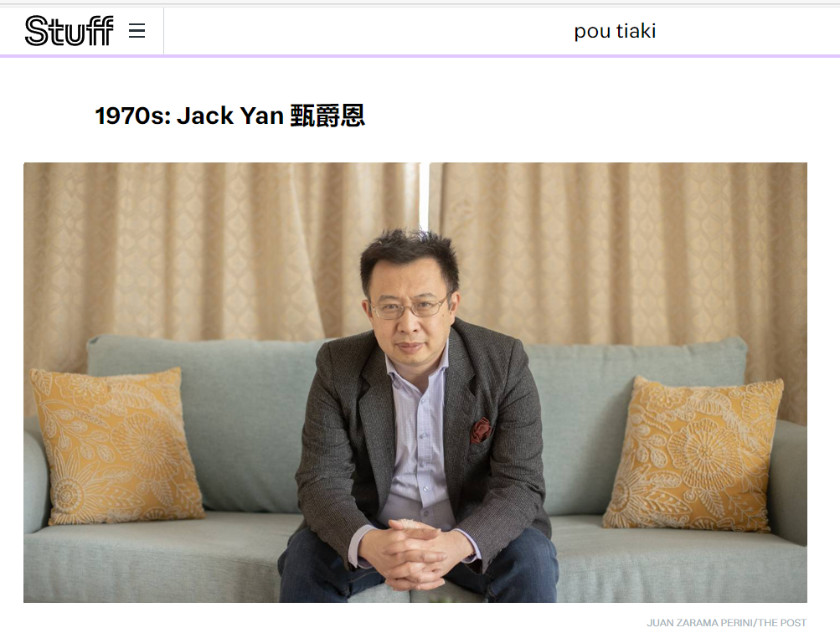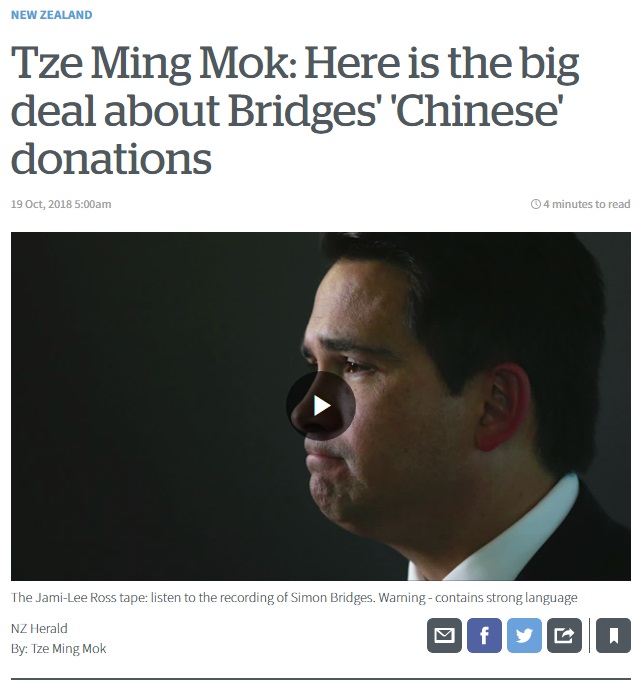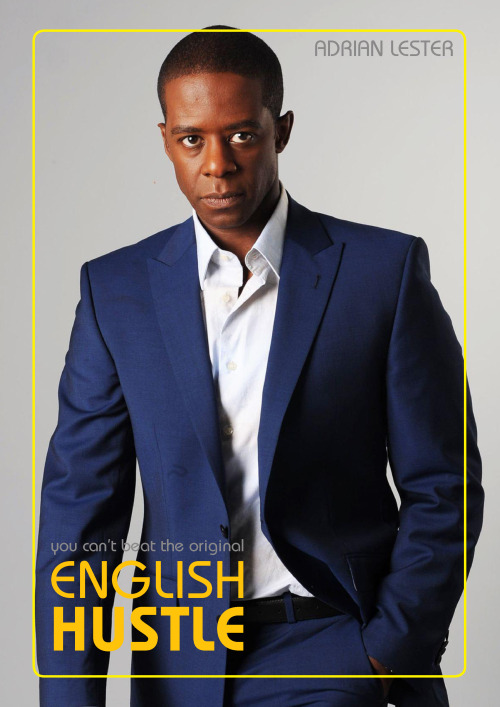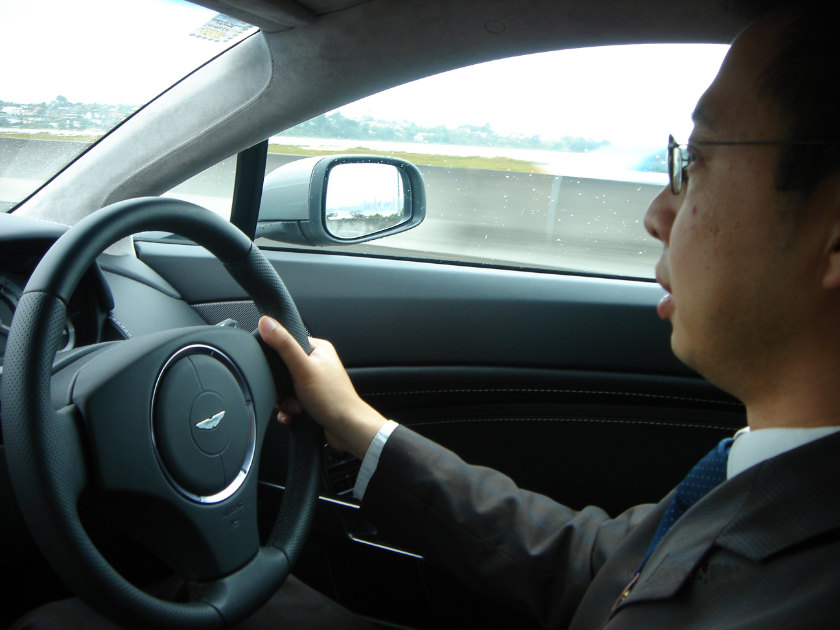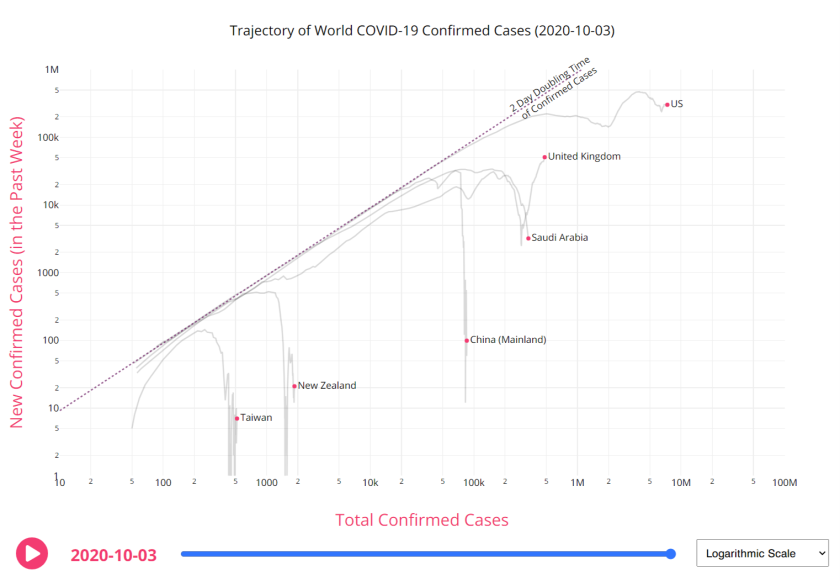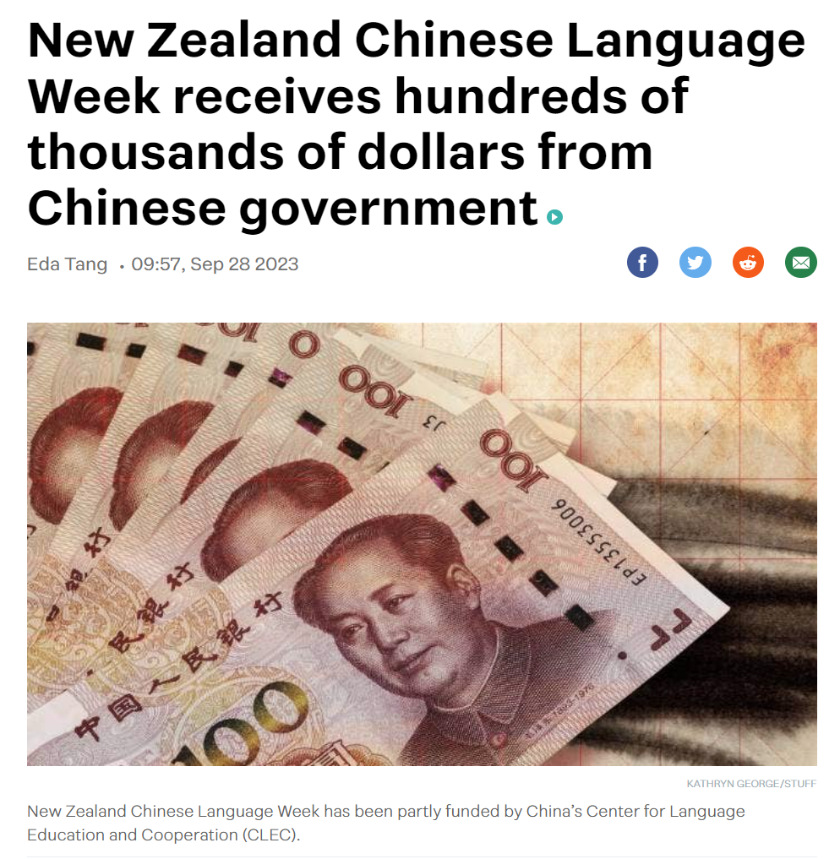
Eda Tang’s excellent piece revealing that New Zealand Chinese Language Week receives hundreds of thousands of dollars from the Chinese Communist Party came out last week, but unfortunately illness kept me from blogging about it properly. It was to have been my final post for September.
Many of us suspected this from the start, and as I said last year, we had been making our concerns known directly to the NZCLW Trust for years. When a friend of mine worked there in the early 2010s, I said there was no way I could get behind it honestly because this wasn’t my language. Nothing changed.
I’ve never been against it per se but call it Mandarin Language Week, something that reflects what it is genuinely. If it was founded in trade with the People’s Republic, then say so—unless it wasn’t, and it was a tool to propagate official CCP policy outside its borders. I welcome efforts to learn other languages. People might as well know why.
The Trust’s actions actually put me off learning it—and I say this with dear friends who speak Mandarin. My late mother spoke it beautifully and fluently. My late father could get by because he was well read, something I cannot claim. But I balk at colonialism. I balk at it when it demeans tangata whenua, and I balk at it when it demeans us. This shouldn’t be political but the approach of the entire week by the Trust for years has made it so.
In geopolitics, I get why the CCP might want to have greater influence. Everyone wants their country to have some influence with others. But anything that’s extraterritorial needs to be founded in respect. It’s how international relations work. The CCP does not appear to have received this memo. When you have a former Labour MP—who originally co-chaired the Trust—publicly denigrating all Chinese languages other than his own, then you’re getting off on the wrong foot. When every move that the Trust has made in nine years continues to reflect CCP policy, when they treat Chinese New Zealanders’ constant and regular input year after year with disdain in the same way the CCP has, then Eda Tang is right to call it out on behalf of, well, most Chinese New Zealanders.
They clearly do not see the ‘We’re going to run it exactly as the oppressors would, but throw the other 64 per cent of Chinese Kiwis who don’t speak Mandarin a few breadcrumbs so we can tick the diversity checkbox.’ This comes from the same playbook as crapping on te Tiriti o Waitangi while at the same time asking someone from the Māori community if they could do a pōwhiri or wero while rich foreign dignitaries visit (q.v. any tourist promo from this country in the 1950s and 1960s).
Even though I was the only one of Chinese ethnicity interviewed, this issue is hardly exclusive to me. Eda also made the right call to approach a staunch promoter of Chinese culture, Prof Catherine Churchman, whose linguistic knowledge surpasses that of anyone I know. If you’re on the wrong side of Catherine when it comes to languages, then you’re simply wrong.
Last year was a case in point. When the media coverage broke out, the Trust doubled-down. It could have said there were non-Mandarin events—because some of us in the community used guerrilla tactics to insert them into the official programme. The Trust didn’t. Yet literally, the same night, there was a showing of a film in Cantonese.
Of course, when applying for more funding from the taxpayer, the Trust took credit for this mahi as though it was intended all along. The timing does not support this.
And in a country like Aotearoa, I though it bleedingly obvious why we should respect whakapapa and not give in to colonialism—especially as places like Hong Kong are going through what Aotearoa went through when it started banning the use of te reo Māori in schools. In Xinjiang, being Muslim will get you in even bigger strife.
With a Trust chaired by a Roman Catholic I thought it bleedingly obvious (after the Reformation) why we should not isolate groups that are not “official”. There’s more to Christianity than Anglicanism, even if it is the official religion of the Crown, and the only one you’re allowed to have if you want the top gig as head of state. Imagine how boring a Christian Week would be with just Anglicanism. (But hey, you can send in a video about Catholicism.)
I say this as an Anglican baptized in an Anglican church with eight years in an Anglican school.
I saw nothing different with Chinese Language Week in 2023, which was a far more low-key affair—unless their messages simply did not reach me since I’m absent from all the Big Tech social networks (as it’s not 2007). Eda’s report makes it all clear, anyway. Nothing changed.
China is a culturally rich nation with so many facets to its history, all of which it should be immensely proud in promoting. I don’t care if you are Han, Tibetan, Uighur, Turkic, Menggu, Manchu, or any other group. This richness makes China all the more amazing, more captivating.
Aotearoa does not show an exclusively Anglo side. Switzerland has no trouble promoting its four primary languages. I can’t think of many countries that have such a desire to homogenize themselves. Homogeneity is bollocks. It’s a bland, grey blobby mess.
